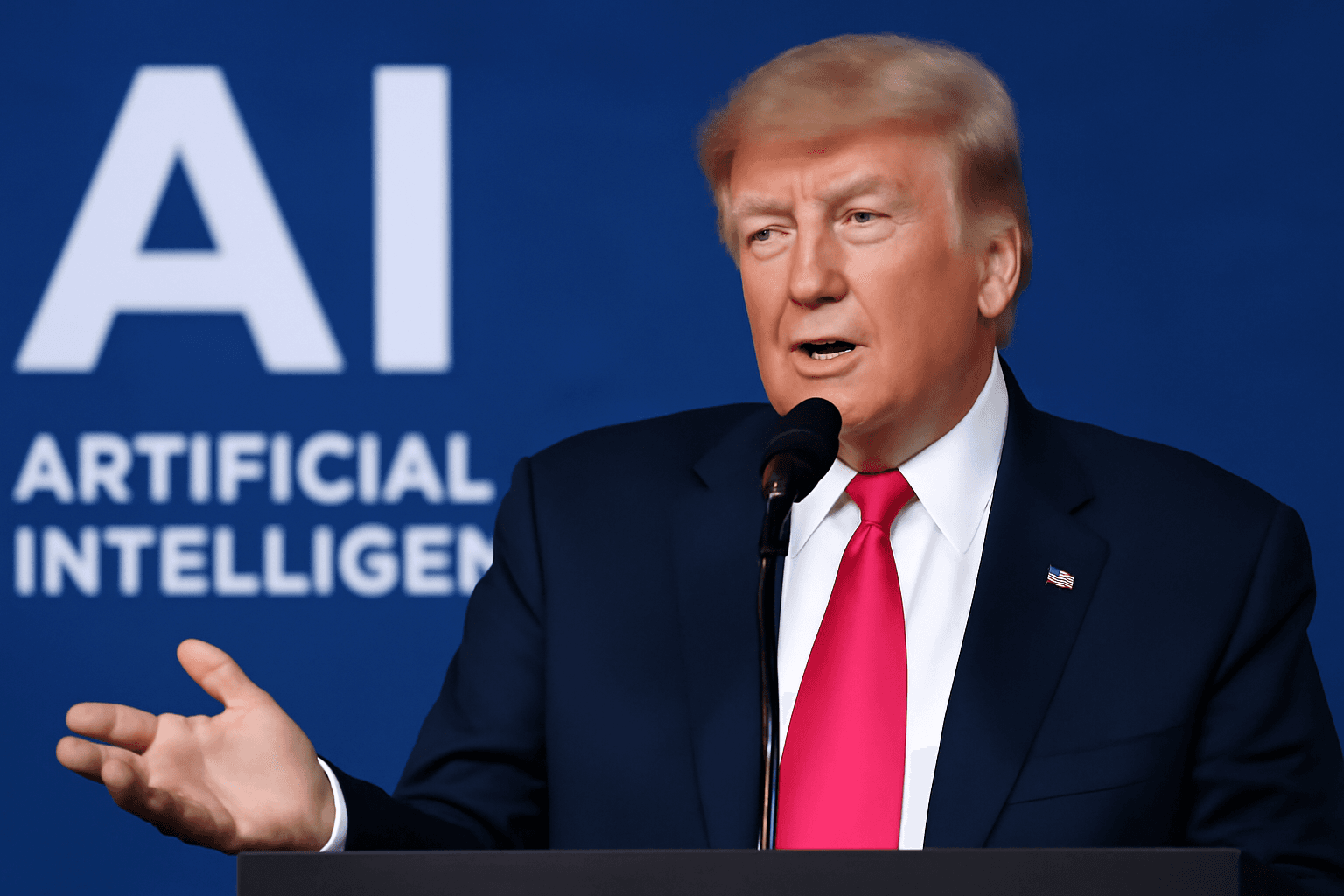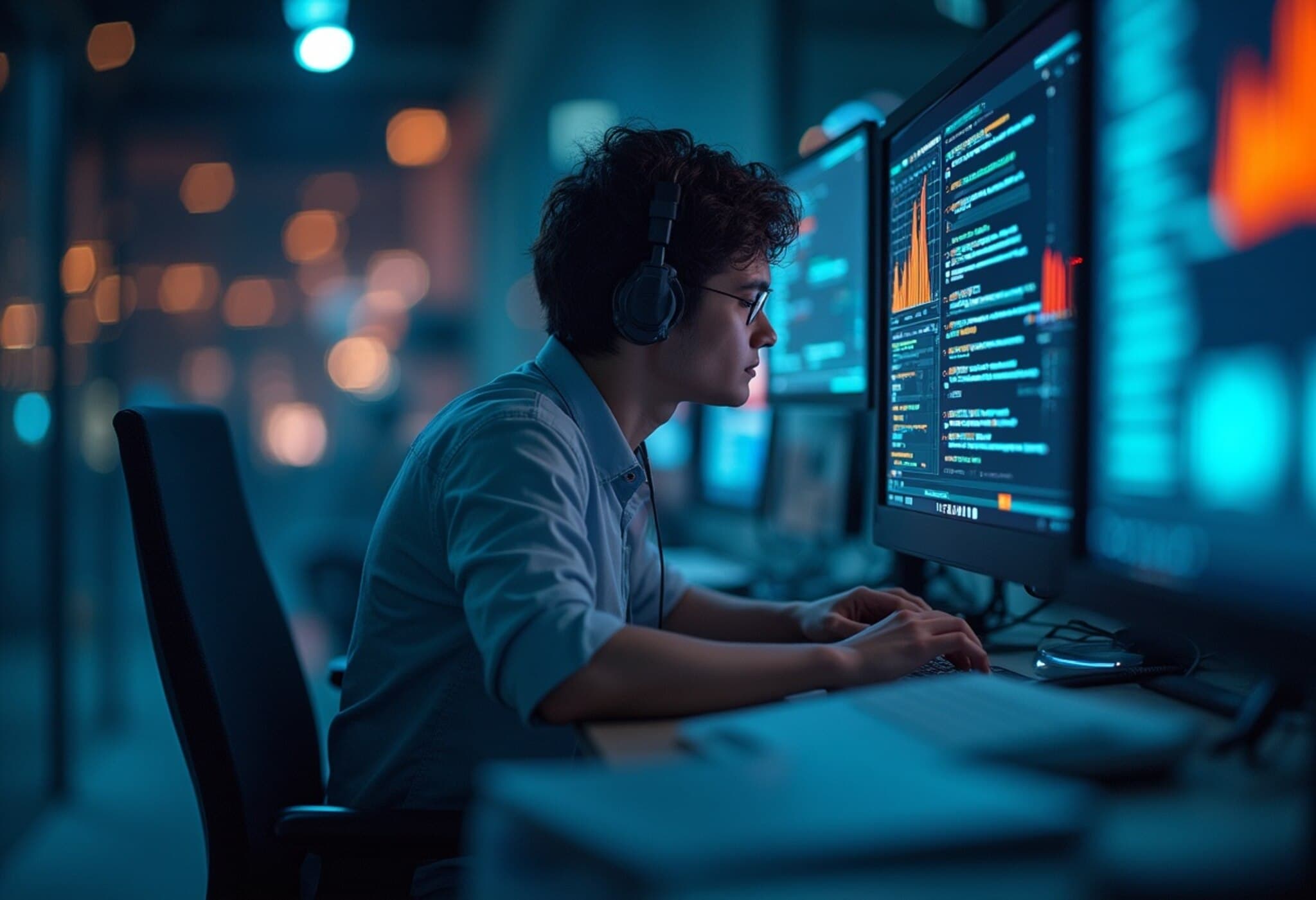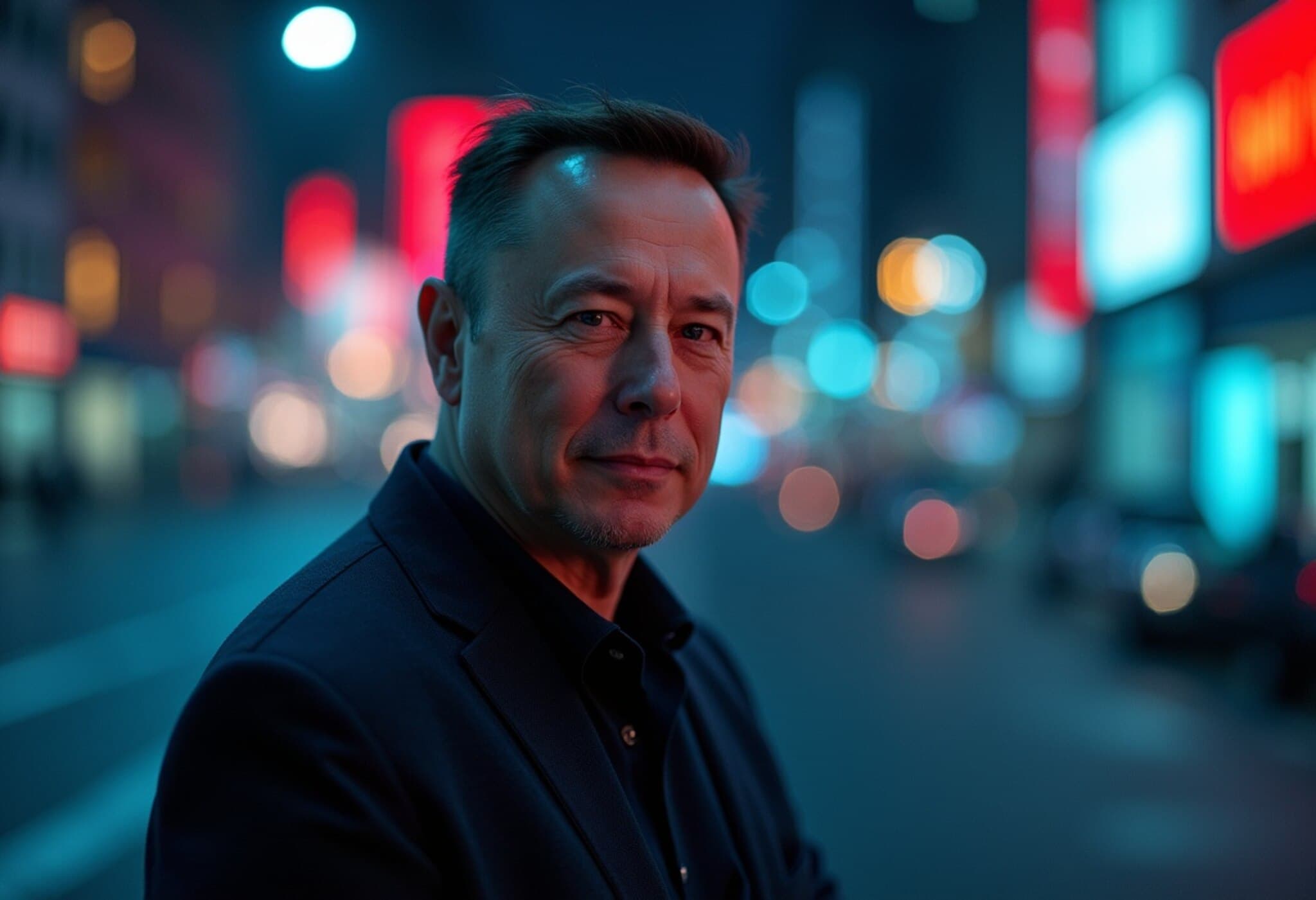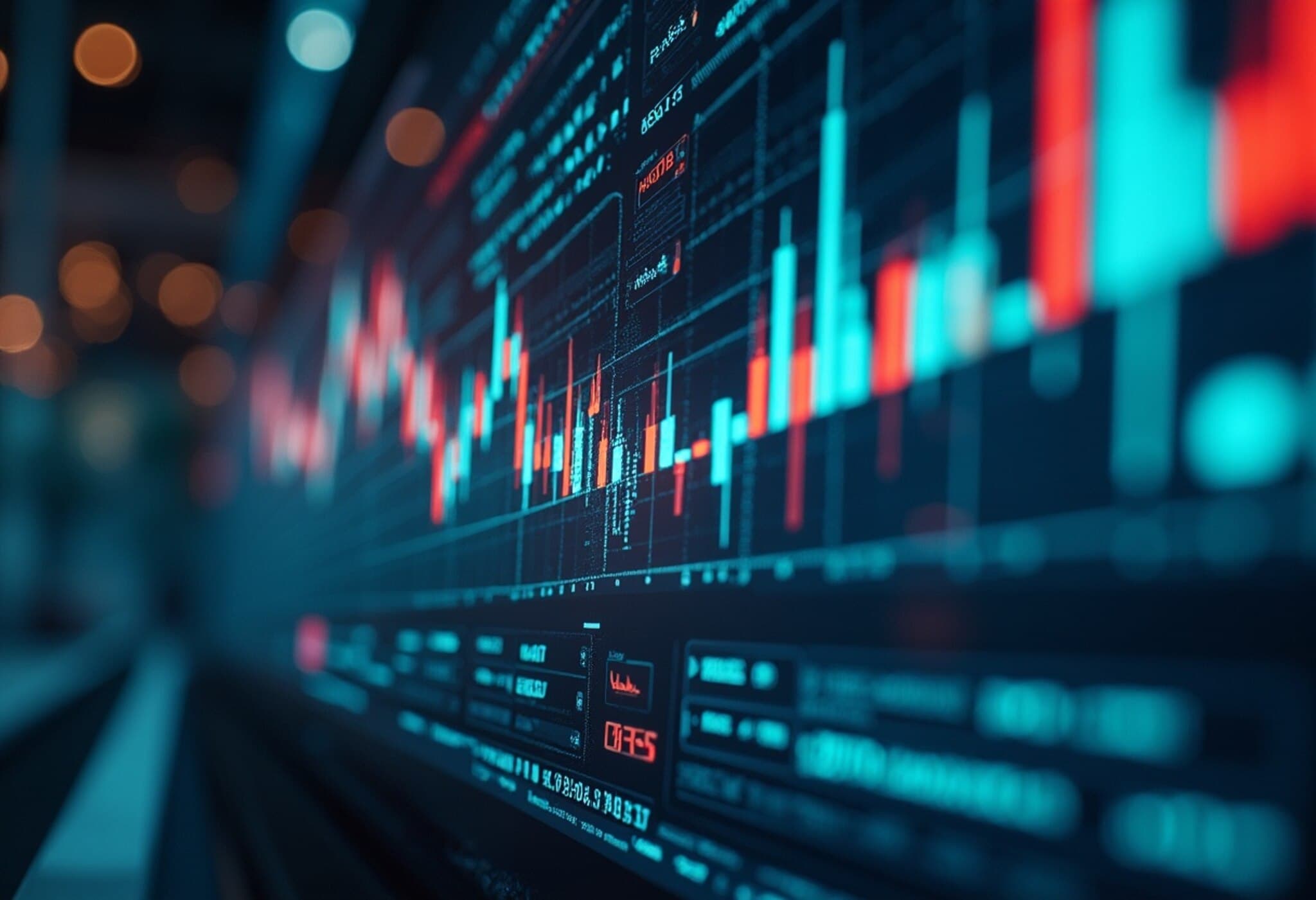Trump Calls for Renaming 'Artificial Intelligence' at High-Profile Summit
At a pivotal AI summit attended by prominent tech leaders and investors, including AI czar David Sacks, former US President Donald Trump made headlines by challenging the very name of Artificial Intelligence (AI). With a mix of curiosity and conviction, Trump stated, “It’s not artificial, it’s genius, pure genius.” He expressed discomfort with the word "artificial," suggesting a rebranding to better reflect the technology’s ingenuity.
Trump’s Vision for American Leadership in AI
During his address, Trump outlined an ambitious AI Action Plan intended to solidify US dominance in the emerging AI landscape. Central to his proposal was deregulation: fast-tracking the development of AI supercomputers and data centers by rolling back environmental restrictions. Trump argued this would accelerate innovation and foster a competitive edge globally.
However, such deregulation raises concerns among environmentalists and industry watchdogs, who warn of increased carbon footprints and ecological consequences tied to sprawling data centers. The tension between technological progress and sustainability remains a key challenge for policymakers.
Political Undertones in AI Policy
Trump further signaled intent to discard Biden-era AI guidelines that incorporate risk assessments related to climate change, diversity, and misinformation. This pivot aligns with sentiments from conservative tech donors who argue that popular AI platforms like ChatGPT and Google Gemini are biased against right-leaning perspectives.
While the debate on algorithmic bias is complex and ongoing, Trump’s stance reflects broader political divisions shaping the future of AI governance in America.
Dismissal of Copyright Concerns Surrounding AI Training Data
Addressing growing apprehensions from authors and publishers about AI systems trained on copyrighted materials without compensation, Trump dismissed the issue as impractical. “You can’t expect a successful AI program if you have to pay for every article, book, or anything you’ve read or studied,” he remarked.
He positioned knowledge acquisition from existing works as fundamentally different from copyright infringement, stating, “Gaining knowledge from a book or article isn’t a copyright violation.” This perspective glosses over the nuanced legal landscape currently embroiled in debates about fair use, intellectual property rights, and the future of creative content in the AI era.
What’s Behind the Push to Rename AI?
The idea of renaming AI taps into a larger conversation about public perception and trust. For many, the prefix “artificial” suggests something synthetic or inauthentic, which can evoke skepticism or fear. Reframing AI as “pure genius” could be seen as an attempt to highlight innovation and human ingenuity behind the technology, shifting the narrative towards optimism and opportunity.
However, experts caution that rebranding alone won’t resolve deeper concerns about AI ethics, safety, and societal impact. Terminology matters, but the substance of policy and deployment strategies remains paramount.
Expert Insights and Regional Implications
From a policy analyst’s standpoint, Trump’s proposed rollbacks might invigorate the US AI sector in the short term, yet they risk sidelining essential sustainability goals that many states and local governments champion. The trade-off between rapid growth and environmental stewardship underscores the balancing act American policymakers face.
Moreover, Trump's dismissal of copyright issues could complicate ongoing legal battles, as content creators push back against unauthorized use of their intellectual property for AI training datasets. The US courts are increasingly becoming a battleground for defining these boundaries, with significant economic consequences for publishers, tech firms, and consumers alike.
Looking Ahead: Questions Raised
- Can renaming AI truly reshape public trust, or does it risk superficial marketing overshadowing substantive governance?
- How should US policymakers balance innovation incentives with environmental and ethical safeguards?
- What legal frameworks will emerge to address copyright and data usage as AI technologies evolve?
Editor’s Note
Donald Trump’s call to rename Artificial Intelligence injects fresh energy into a debate that’s as much about perception as it is about technology. While the catchy phrase “pure genius” captures imagination, the underlying challenges—environmental impacts, political polarization, and intellectual property rights—remain pressing hurdles. As AI continues to weave itself into every facet of American life, thoughtful discourse and nuanced policymaking must keep pace with technological ambitions.



















